Products
-
Frozen Meat
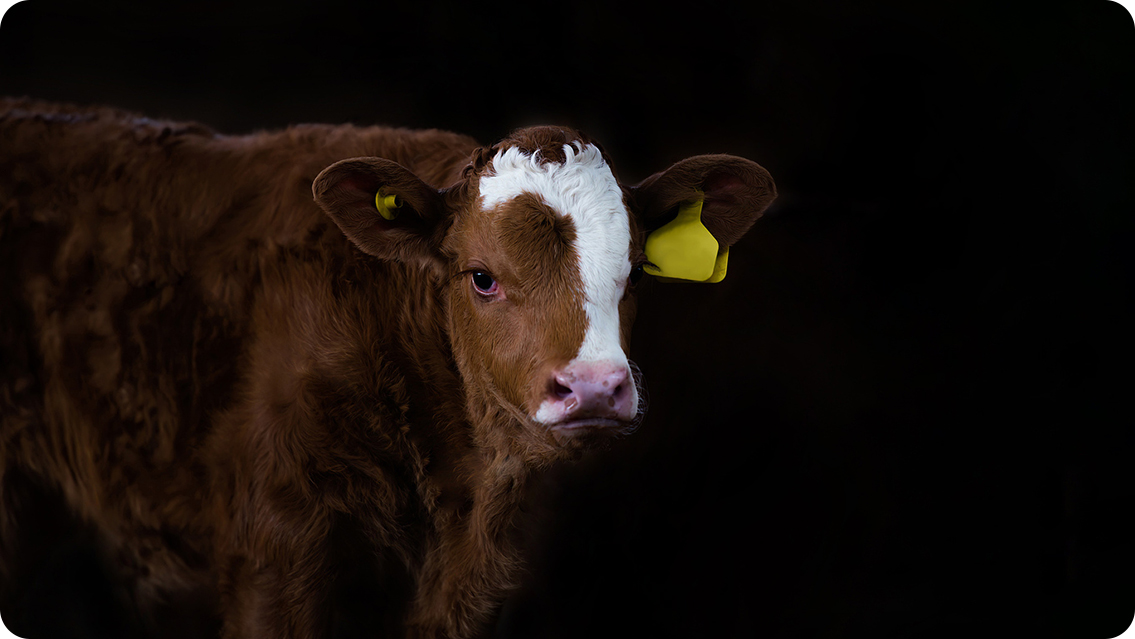
With rising household incomes and consumption upgrades in China, demand for high-quality meats has grown consistently, particularly for imported beef, pork, lamb, and poultry. Nero Fine collaborates closely with large state-owned enterprises and supermarket chains in China to strictly control sourcing by selecting reputable overseas suppliers with standardized production practices. The company has established a robust cold chain logistics system to ensure product quality during transportation and storage. It actively complies with China’s inspection and quarantine regulations and provides comprehensive product traceability information.
Learn More
-
Fruits
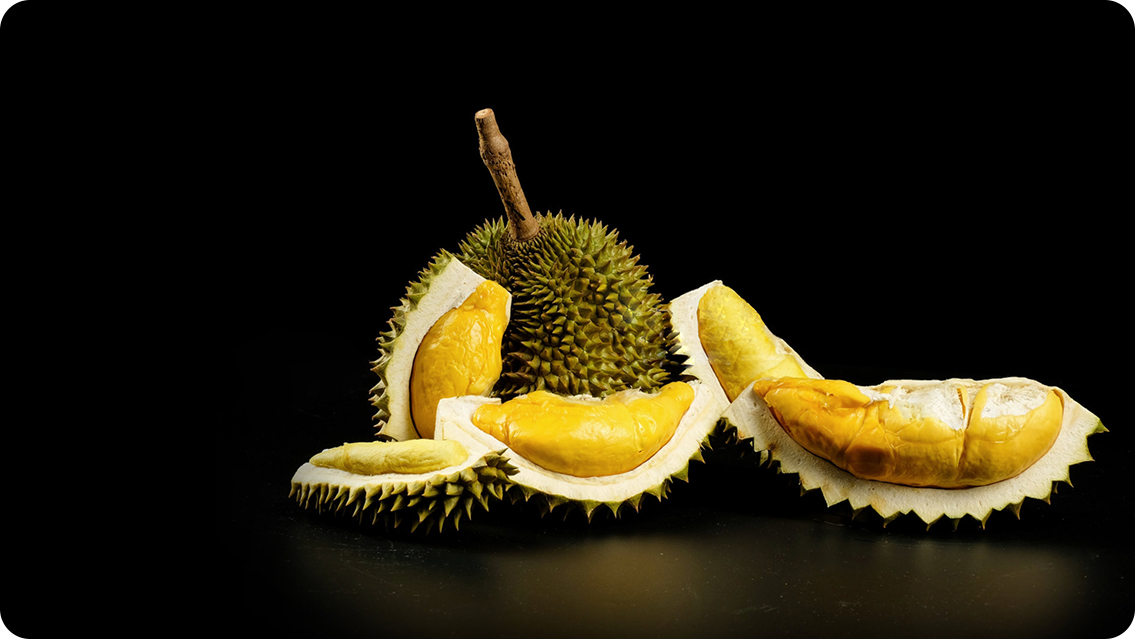
China has a large population base. With the improvement of residents' living standards and enhanced health consciousness, consumers are placing higher demands on the quality, variety, and nutritional value of fruits, leading to a steady increase in demand for imported fruits. The advancement of the Belt and Road Initiative and the implementation of trade agreements such as the Regional Comprehensive Economic Partnership (RCEP) have continuously strengthened trade cooperation between China and many countries. A series of mutually beneficial trade measures have created favorable conditions for fruit imports...
Learn More
-
Frozen Seafood
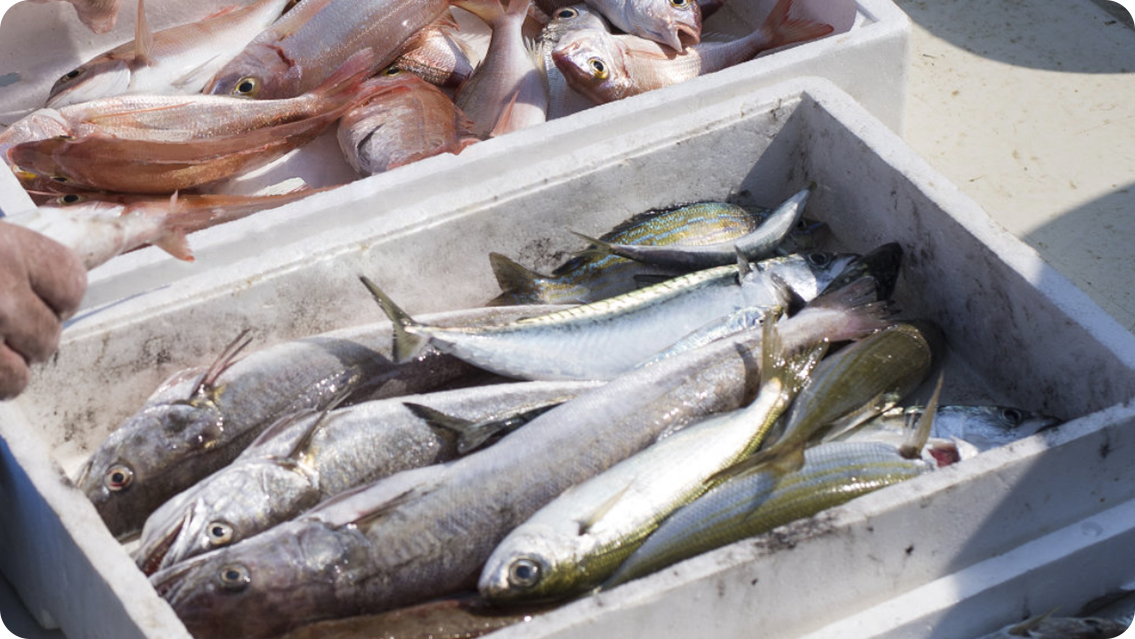
As the world's largest consumer of aquatic products, China is witnessing sustained growth in demand for high-quality, diversified imported seafood—such as deep-sea crabs, shrimp, and fish—driven by rising incomes and evolving consumption patterns. The Chinese government continues to facilitate import trade by signing aquatic product trade agreements and inspection and quarantine protocols with multiple countries. Nero Fine has forged long-term partnerships with premium global suppliers to ensure stable raw material supplies. The company has also established logistics hubs in key market regions to enhance distribution efficiency.
Learn More
-
Green Coffee Beans

China's coffee market is experiencing rapid development, demonstrating robust growth momentum. However, domestic coffee bean production remains insufficient to meet demand. In 2023, China's coffee bean production reached 143,300 tons, a decrease of 0.97% year-on-year, driving a continuous rise in coffee bean imports. Import volumes surged from 59,200 tons in 2015 to 153,900 tons in 2023, achieving a compound annual growth rate (CAGR) of 12.68%. Nero Fine has established stable partnerships with domestic large-scale enterprises, chain cafés, restaurants, hotels, and other commercial clients, providing high-quality coffee beans and...
Learn More
-
Food Ingredients
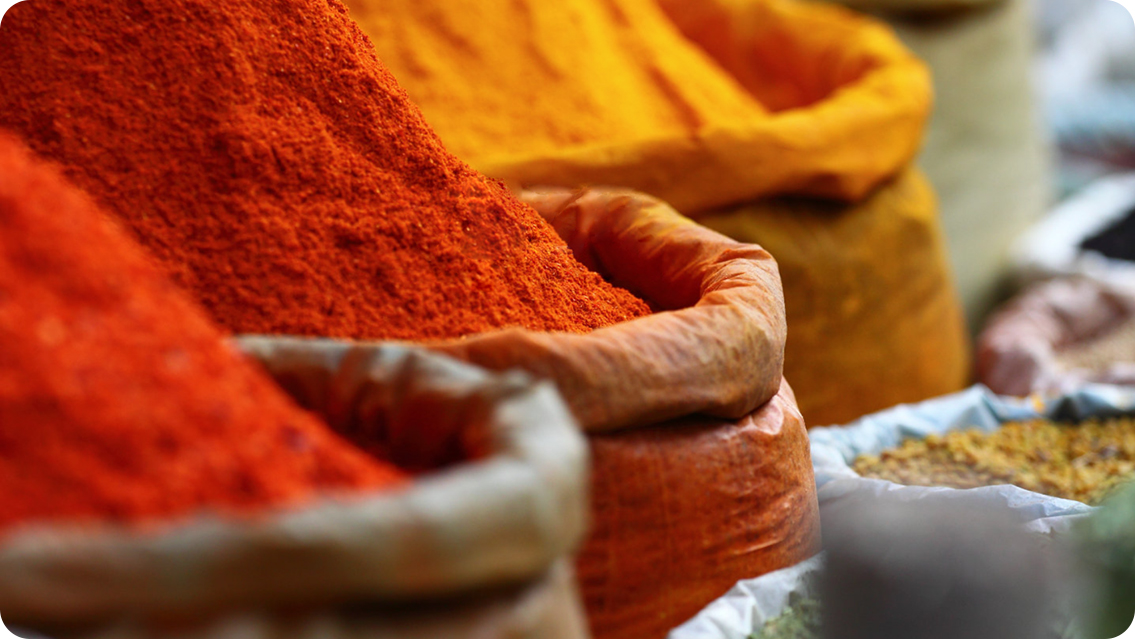
In the spice sector, imported spices provide food processing companies and the catering industry with more unique flavors, satisfying consumer demand for exotic cuisines and specialty dishes. Continuous international exchanges have led to the emergence of various specialty restaurants and products in China. Imported spices offer a rich selection of raw materials for domestic catering and processing industries. Whether for culinary spices that enhance flavor or industrial spices used in production, we strictly control quality, adding unique charm to food and industrial products.
Learn More
-
Pulp Materials
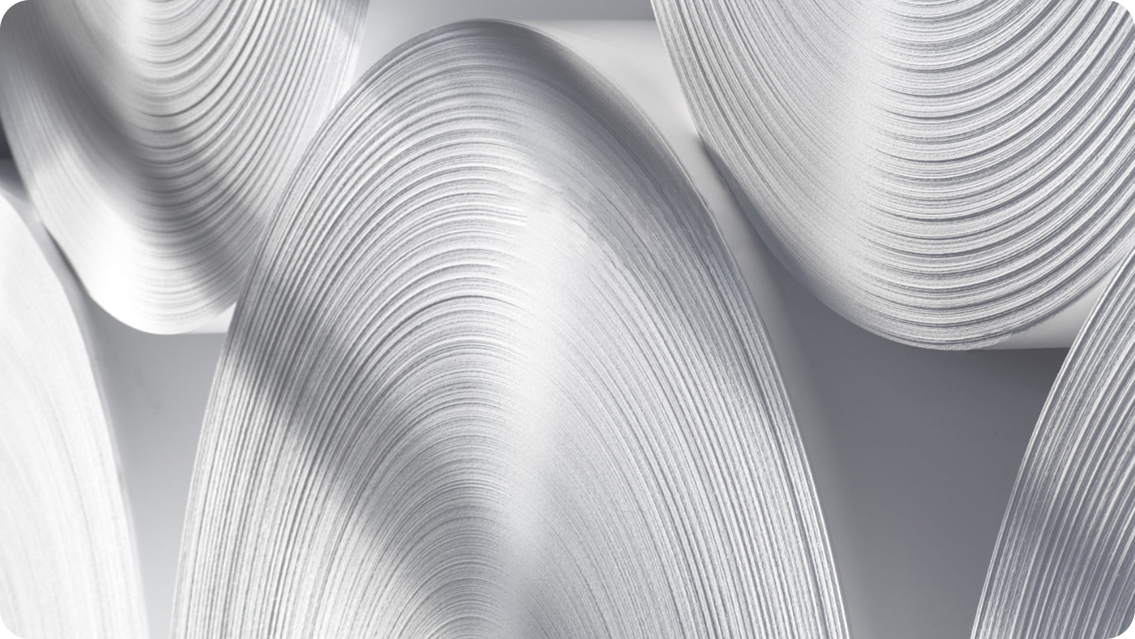
The shortage of pulp is primarily due to the rapid development of e-commerce, which has sharply increased the demand for packaging. Although China has abundant forest resources, its large population and high demand, coupled with forest conservation policies in certain regions, have limited domestic timber and pulp production capacity. Importing pulp can reduce overall production costs for domestic enterprises, ease the pressure on local natural resource exploitation, and benefit ecological environmental protection. As a logistics solution provider, we ensure low-cost transportation of pulp.
Learn More
-
Clothing

China boasts a complete industrial chain spanning textile raw material production, fabric processing, and apparel manufacturing. All segments demonstrate efficient coordination and collaboration, enabling rapid response to diverse order requirements. The global apparel consumption market, characterized by its vast scale and continuously growing demand, provides expansive market opportunities for Chinese garment exports. The Chinese government has introduced a series of policies to promote apparel exports, effectively lowering operational costs for enterprises and...
Learn More
-
Chemical
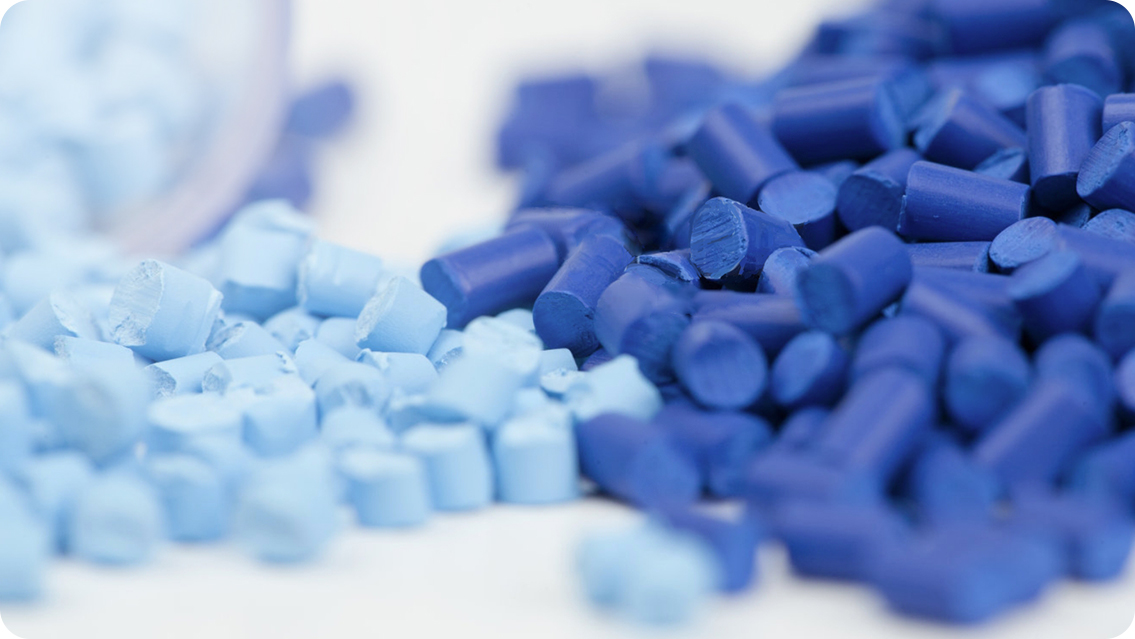
The demand for chemical products such as EVA (ethylene-vinyl acetate copolymer), PP (polypropylene), and PE (polyethylene) in the Chinese market has shown a steady growth trend in recent years. This increasing demand is closely tied to the upgrading of China's manufacturing sector, the development of the new energy industry, and the expansion of consumer markets. These chemical products—whether EVA, PP, or PE—not only possess unique properties that meet specific application requirements but are also continuously expanding into new use cases through technological advancements, offering greater possibilities for modern lifestyles.
Learn More




